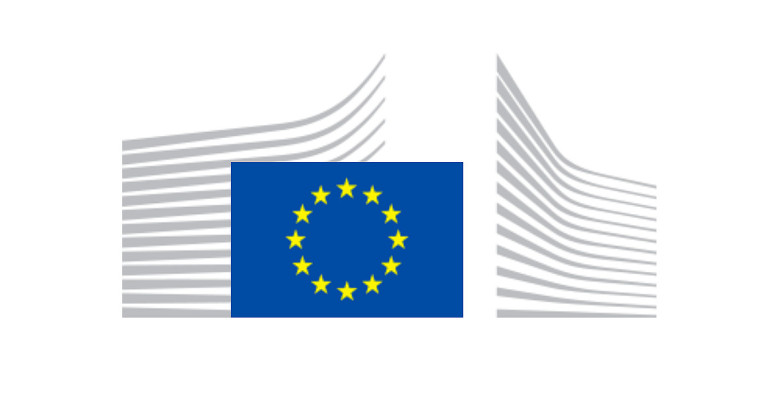July 2, 2018
Statement from IST Austria on the EU Commission’s Proposal for “Horizon Europe”
Investment in science and research is the key to the long-term strengthening of Europe

The Institute of Science and Technology Austria (IST Austria) welcomes, in principle, the figures presented by the European Commission for the EU budget plans for the years 2021 to 2027 in the area of “Research and Innovation”. These plans show clear support for the expansion of funding in this area. The increase in the research budget proposed by the European Commission to €100 billion for the years 2021 to 2027 is the minimum that should be planned, however, and should by no means be undershot. Research and innovation represent important and effective levers for strengthening the “European idea”, and should be put into use as quickly as possible. In general, the EU Commission’s proposal goes in the right direction, but the respective weights of individual elements should be critically examined. As a whole, Europe can tolerate significantly stronger research initiatives.
Europe—and every individual member state of the European Union—must aim to make itself more attractive, especially to young researchers. A common concern of all member states is to position Europe as a destination in global brain circulation. With its proposal to expand the research and innovation budget, the EU Commission has demonstrated that it is prepared to set the pace in this area. As a member state of the European Union, Austria must use this chance to support the European idea and create more research opportunities in Europe.
The pillar of “open science”, the first within this plan to strengthen research and innovation in Europe, is of critical importance. It comprises the most significant means of increasing creativity in research as well as for developing scientific excellence. If Europe is to become a center for (young) top researchers and research, then this pillar must be strengthened as much as possible—this is without question.
Even if the EUR 16.6 billion earmarked for the European Research Council (ERC) were acceptable at first glance, the cuts in funding to the Marie Skłodowska-Curie Actions would stand out as an extremely unwelcome change. These cuts would have negative consequences for the whole of research: a peak cannot rise from a weak foundation. In view of the success of the Marie Skłodowska-Curie Actions in “Horizon 2020”, the cuts in this area are incomprehensible. This error should be corrected, and Austria should advocate for this correction.
Those who recall the well-earned praises of the ERC in Europe on the occasion of its tenth anniversary may well wonder that its planned growth is modest: EUR 3.6 billion over a seven year period. The rate of increase is no greater than that of the entire budget. With its extremely low acceptance rate, the ERC has shown the extent to which outstanding potential simply could not be brought to fruition—giving further reason to correct these figures.
Finally, Europe should in general focus more on developing ecosystems for innovation. The fertile soil for this endeavor is provided by curiosity-driven research (the first pillar of “Horizon Europe”), which actually creates new knowledge. However, too much programming (the second and third pillars) all too often leads to over-fertilization, which damages the soil of every innovation system in the long run. The ability of a knowledge-based society to absorb fundamental new discoveries is dependent on researchers—regardless of the sector in which they work—not on technocratic guidelines. Europe must therefore increase its efforts to attract these very people. The first pillar—open science—in the current draft of “Horizon Europe” should be strengthened, both in absolute figures and proportionally, as it represents the most important and effective method of building this attraction. Europe, as a knowledge-based society, lives from opportunities for development, not from over-administered initiatives that are simply management fantasies, in the face of high transaction costs, generally fizzle out without making any impact.
Social progress and prosperity grows from the unplanned, surprising ideas of individual creative researchers and entrepreneurs, not from planned missions and milestones in politics and industry. If, in a few decades, we look back on the main scientific and economic successes of the years past and the discoveries of the Horizon Europe Programme that have generated new knowledge and technology, we can be confident that most of these will be found in the first pillar. Unfortunately, the current plans reduce this very pillar proportionally.
Tom Henzinger
President of IST Austria
Vienna, June 29, 2018



